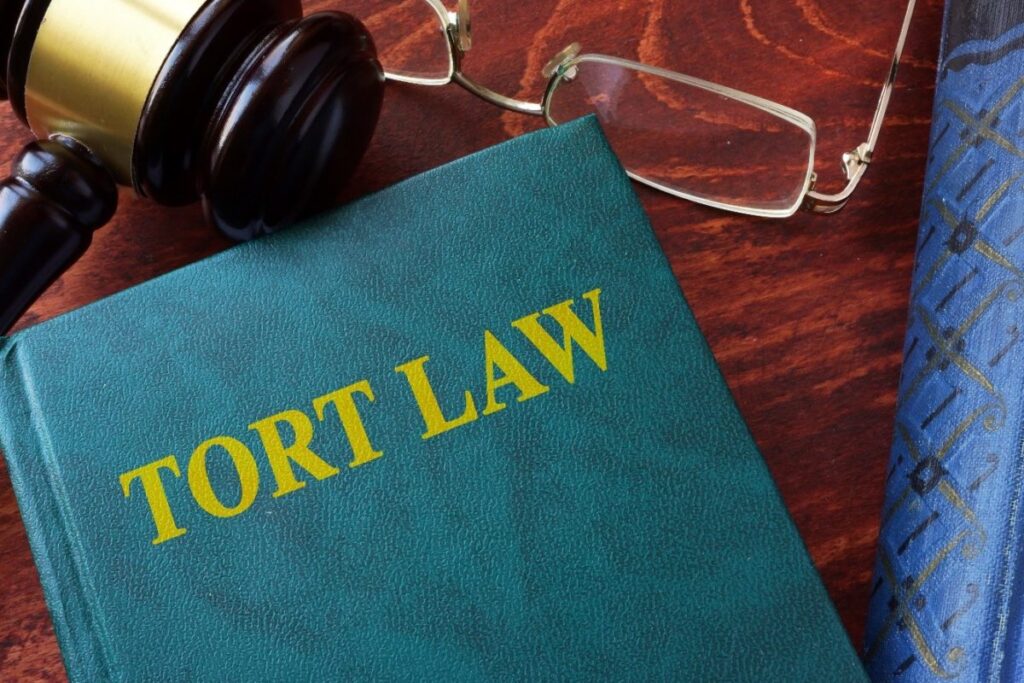RECENT DEVELOPMENTS IN TORT LAW AND THEIR IMPLICATIONS FOR INDIVIDUALS AND BUSINESSES
Introduction
Tort law is an essential component of the legal framework that governs civil wrongs and provides remedies for individuals who have suffered harm due to the actions or omissions of others. In recent years, several significant developments have occurred in tort law, shaping the landscape for both individuals and businesses. This article explores some of the recent developments in tort law and examines their implications for individuals seeking redress and businesses aiming to mitigate potential liabilities.
- Expansion of Vicarious Liability
Vicarious liability is a legal doctrine that holds employers responsible for the tortious acts committed by their employees within the scope of their employment. Recent court decisions have expanded the application of vicarious liability, imposing greater accountability on businesses for the actions of their employees, even if those actions were unauthorized or outside their usual duties. This development highlights the importance of robust hiring practices, proper training, and clear guidelines to minimize potential liabilities for businesses.
- Increased Recognition of Emotional Distress Claims
Traditionally, tort law primarily focused on compensating individuals for physical injuries. However, recent developments have seen an increased recognition of emotional distress claims. Courts have recognized that emotional harm can be just as debilitating as physical injuries and have allowed individuals to seek compensation for psychological suffering resulting from the negligence or intentional conduct of others. This expansion of emotional distress claims has significant implications for individuals seeking justice and businesses seeking to manage potential liabilities arising from such claims.
- Heightened Data Privacy and Security Concerns
In the digital age, data privacy and security have become critical areas of concern. Recent high-profile data breaches and privacy violations have prompted significant developments in tort law related to data protection. Courts have recognized the right of individuals to bring tort claims against entities that negligently handle their personal information or fail to adequately safeguard it. Businesses must now take proactive measures to protect customer data, including implementing robust security measures and complying with relevant privacy laws, to avoid potential legal consequences.
- Evolution of Product Liability Standards
Product liability is an area of tort law that holds manufacturers, distributors, and sellers responsible for defective or dangerous products that cause harm to consumers. Recent developments have seen an evolution in product liability standards, particularly concerning emerging technologies. Courts have grappled with novel issues such as liability for autonomous vehicles, defective software, and product-related cyber-attacks. These developments necessitate that businesses remain vigilant in ensuring the safety and reliability of their products and adapt to changing legal standards and consumer expectations.
- Advancements in Tort Litigation Funding
Access to justice has been a longstanding concern in tort law, as individuals may lack the financial resources to pursue litigation against deep-pocketed defendants. However, recent developments have witnessed the rise of third-party litigation funding, where external investors finance legal actions in exchange for a portion of the proceeds if the case is successful. This development has increased access to justice for individuals with meritorious claims, potentially leading to a rise in litigation against businesses. Companies should be aware of the changing dynamics in litigation funding and consider the potential impact on their risk management strategies.
Conclusion
Recent developments in tort law have brought about significant changes, impacting both individuals seeking compensation for harm suffered and businesses seeking to protect themselves from potential liabilities. These developments highlight the need for businesses to remain aware of evolving legal standards, proactively address emerging risks, and implement effective risk management practices. Individuals, on the other hand, may find expanded avenues for seeking redress for both physical and emotional harm. As tort law continues to evolve, it is essential for all stakeholders to stay informed and adapt to the changing legal landscape.



